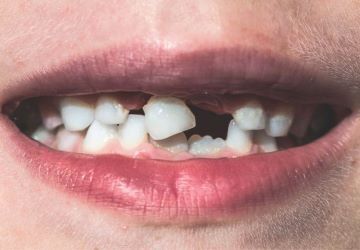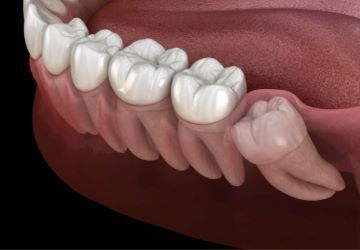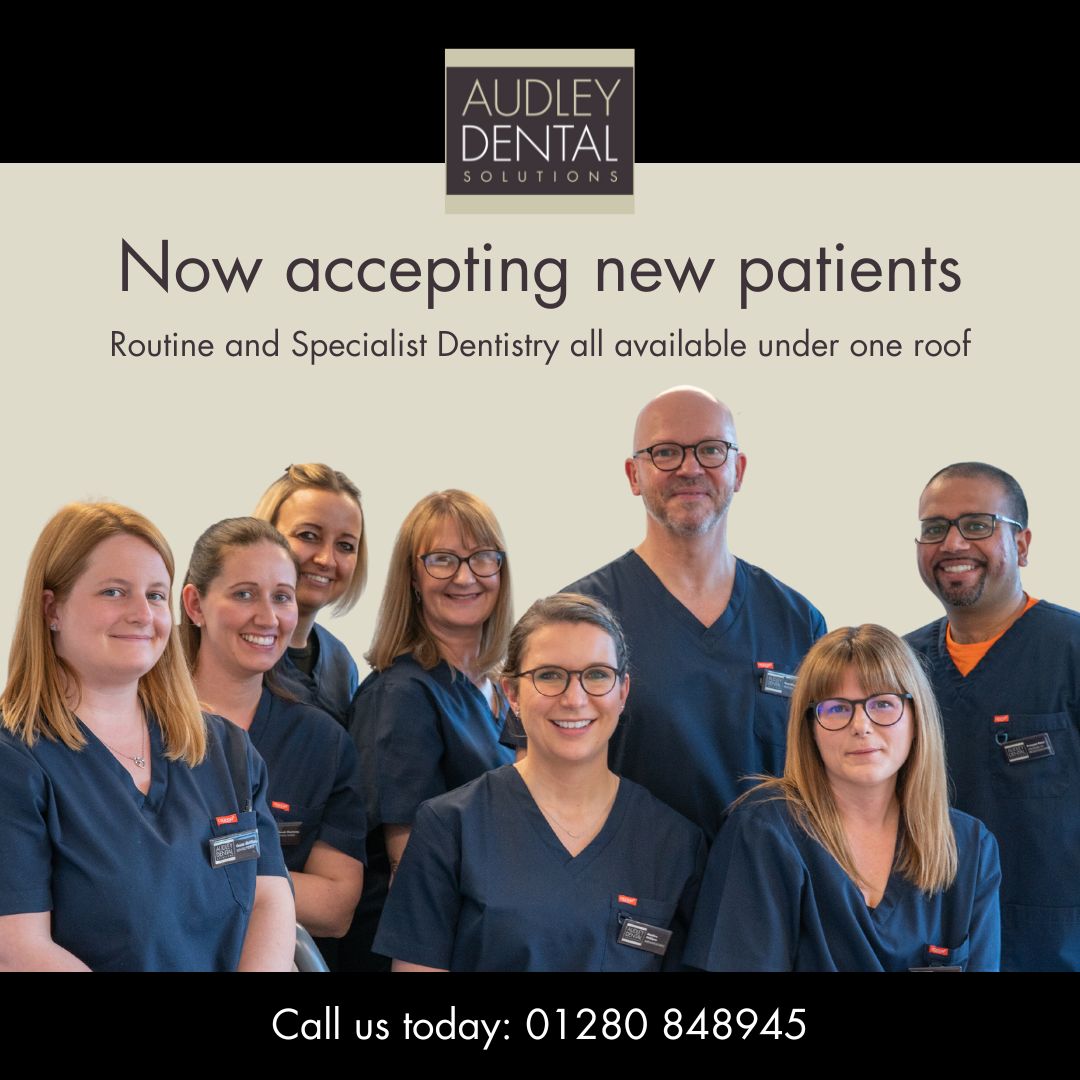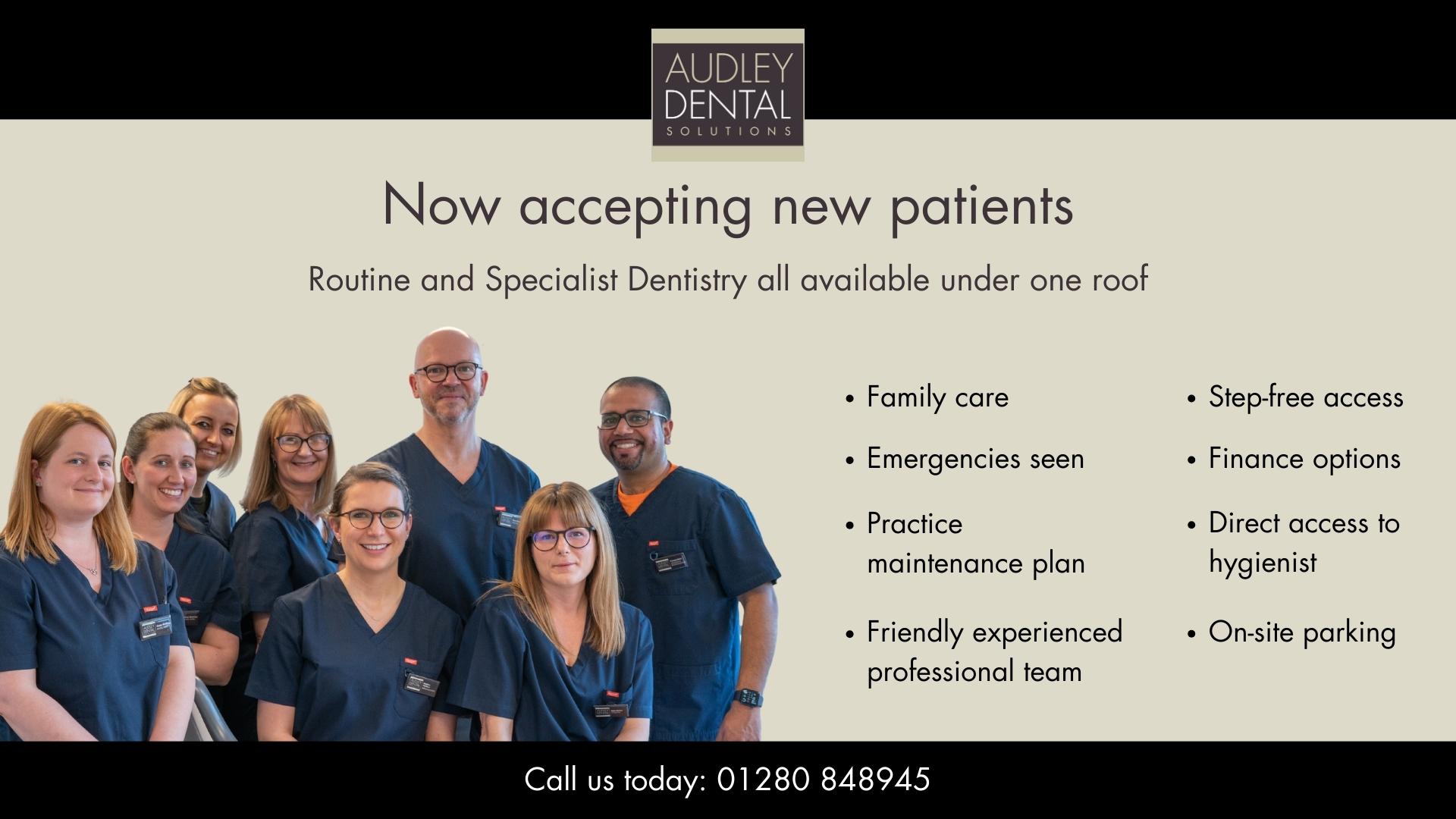Having a tooth removed is never something you wish for. In some cases, it’s the only option left but for other patients it can be a sensible choice in order to deliver additional, more long-term treatment successfully, or avoid future damage to their gums and jaw.
Dr Chris Wood
Dental Implant Surgeon
BDS MFGD, Dip Imp Dent (RCS Eng) FFGDP (UK) GDC No: 57428
Pulling out a tooth often seems like a last resort. If a tooth is too rotten to save or damaged beyond repair many patients know it needs to come out even before their dentist tells them. But there are other instances where extraction of an otherwise healthy tooth is a good option in order to improve your overall oral health. Let’s take a look at when extraction may be the best solution.
Accidents and injuries
Whether it’s the result of a sporting injury or you’ve tripped and fallen, accidents and injuries often result in an extraction. We will always do everything possible to save a tooth, sometimes a crown, bridge or veneer can be fitted but sadly that’s not always possible. Although we are highly skilled professionals, even we encounter those situations where the damage is just irreparable. In those instances, an extraction might be the only option, however you can rest assured that if we recommend it then we really have considered all the alternatives first.

Damage and decay
It’s not only accidents that can damage your teeth though. If decay is allowed to build up on a tooth it can eat away at the enamel leaving a hole or cavity, which then allows bacteria to get inside, damaging nerve endings which can be extremely painful and also much more difficult to treat. If a cavity is caught early, then root canal treatment is an option but left untreated extraction is sometimes the only way to prevent infection spreading. This is why we are so passionate about patients developing a good oral health routine, and sticking to it, because there’s a lot you can do at home to prevent the build-up of bad bacteria.

In the case of infection caused by severe gum disease, extraction might be preferable to just leaving a tooth in situ in order to prevent further damage and infection. Serious gum disease can weaken your jaw and cause your gums to recede, meaning your teeth can become loose and even fall out. I’m sure most of us would agree, it’s definitely a better option to have these teeth removed before you swallow or even choke on one.
Overcrowding and overlapping
Some patients are born with too many teeth, others might have overcrowding or overlapping teeth. Too many teeth can result in damage and jaw pain, and teeth which are squashed together means there are more places for food and bacteria to gather and they’re more difficult to clean, resulting in an increased risk of infection. When this is the case, an extraction can give the other teeth more room to grow through, helping to create a natural smile and reduce the possibility of infection.
Impacted teeth
When we think of having a tooth removed many of us will automatically assume it’s a wisdom tooth, this is because they are so often the ones that cause a problem. Most of us don’t have enough room in our mouths for wisdom teeth to grow, our jaws are just not that large. This means wisdom teeth often grow in underneath the molars and can’t erupt, we call this being impacted.
An impacted tooth can then push on existing teeth which can damage them as well as being really painful, which is why we will often recommend having an impacted tooth removed. The good news is that impacted teeth are easy to spot on an x-ray so we can usually identify potential problems early on and recommend an extraction before you begin to have any significant issues.

Orthodontic treatment
Orthodontic work can often be a long, expensive process, so you want it to be a success. If you have a crooked tooth in the gumline where braces will sit, your dentist may consider removing it to ensure the fit of the braces is not compromised and will do the best possible job of realigning your teeth. If this is the case, we will have considered exactly what impact removing the tooth will have and will be recommending an extraction as we feel it is the best way to leave you with the most natural, straightest smile.
Baby teeth
The excitement of losing your first tooth shouldn’t be under-estimated – as I’m sure our younger patients will testify! But what if some of those baby teeth just won’t shift?
If you start to get your adult teeth coming in around them, those baby teeth can become wedged in as they can’t wobble free. They can also mean that new teeth are forced to come in at an angle or in the wrong place. If it’s becoming a problem, then dentists often recommend extracting the baby teeth that are causing the issue.

Extraction by an expert
We’re extremely lucky that at Audley, when it comes to extractions, we have Dr Martina Pirklova on hand. An experienced surgeon with years of experience, Dr Martina not only works in implant and oral surgery, but has also spent time working in hospital focusing on oral/maxillofacial treatment where she learnt many surgical extraction techniques. She really is an expert in her field.
The extraction process will involve an initial consultation, any scans will be carried out at this point and we will spend time talking you through the process to ensure you’re comfortable and understand what will happen. The extraction itself will be smooth and stress-free and you will be kept updated throughout about what we’re doing. It’s important to us that you feel safe and confident in our work.
Our extractions are based on a tiered pricing system, depending on the nature of the procedure required. Why not book yours today on 01280 848945 or visit our website.

